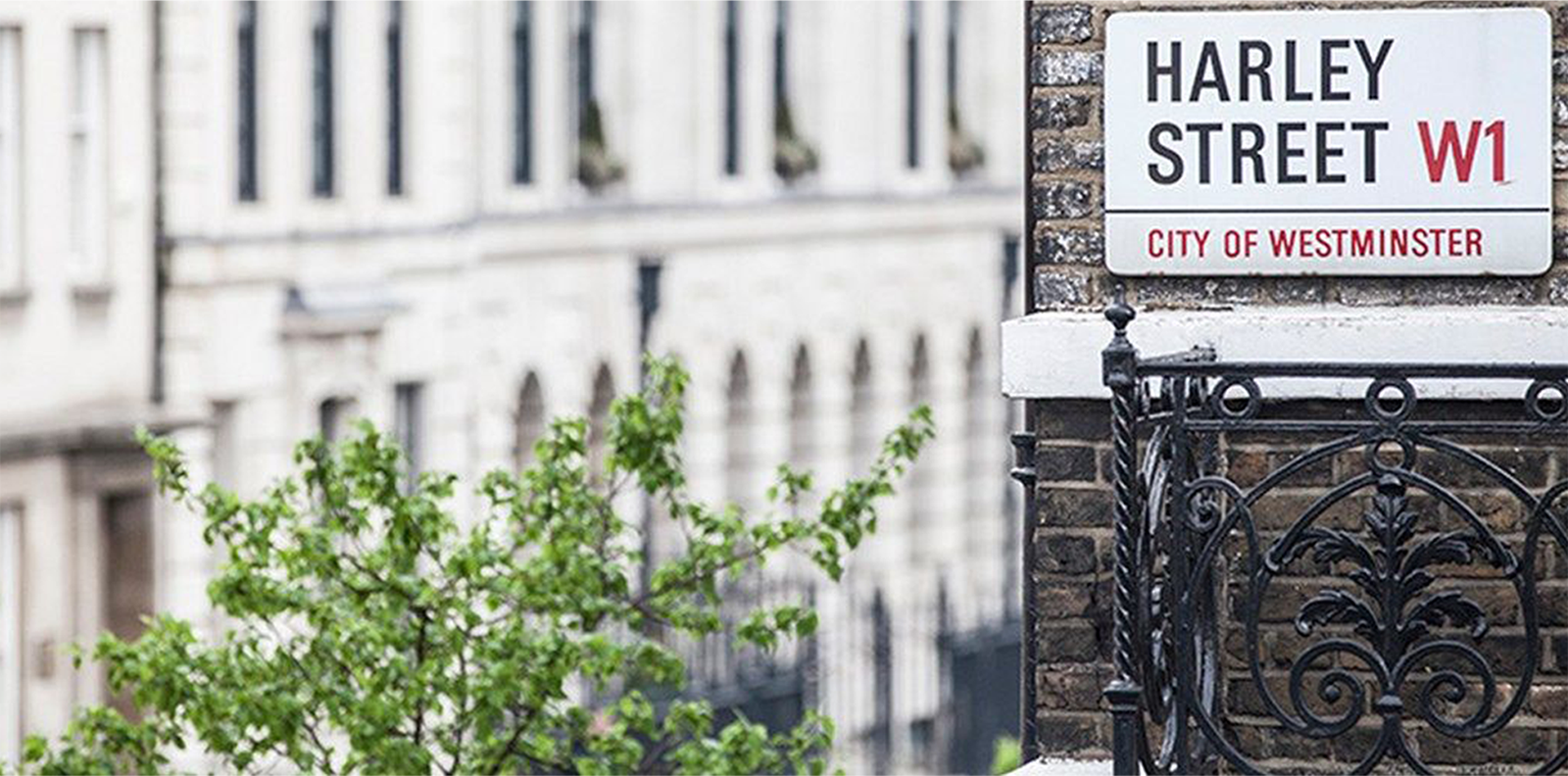

Patients with thicker skin are more likely to experience residual swelling, which can contribute to Pollybeak deformity. In some cases, the surgeon might use tape to support the nose, but other specialists have found that this is ineffective. Also, some surgeons find that an open rhinoplasty allows them to have the full view of the cartilage.
Choosing a highly experienced surgeon with substantial knowledge of performing a rhinoplasty surgery is crucial. The majority of cases require up to a year of waiting time to allow the healing process to complete. This is particularly necessary for those who have thicker skin. Throughout this time, you may be given steroid injections. After a year, the surgeon can assess whether they feel the need to perform revision surgery.
Please note, all consultations are subject to the applicable consultation change or deposit.
To request a consultation, please complete this form.
To request a consultation, please complete this form. Please note these consultations carry a fee.
Our Patient Advisors are contactable via phone Monday to Friday from the hours of 10:00 – 18:00
